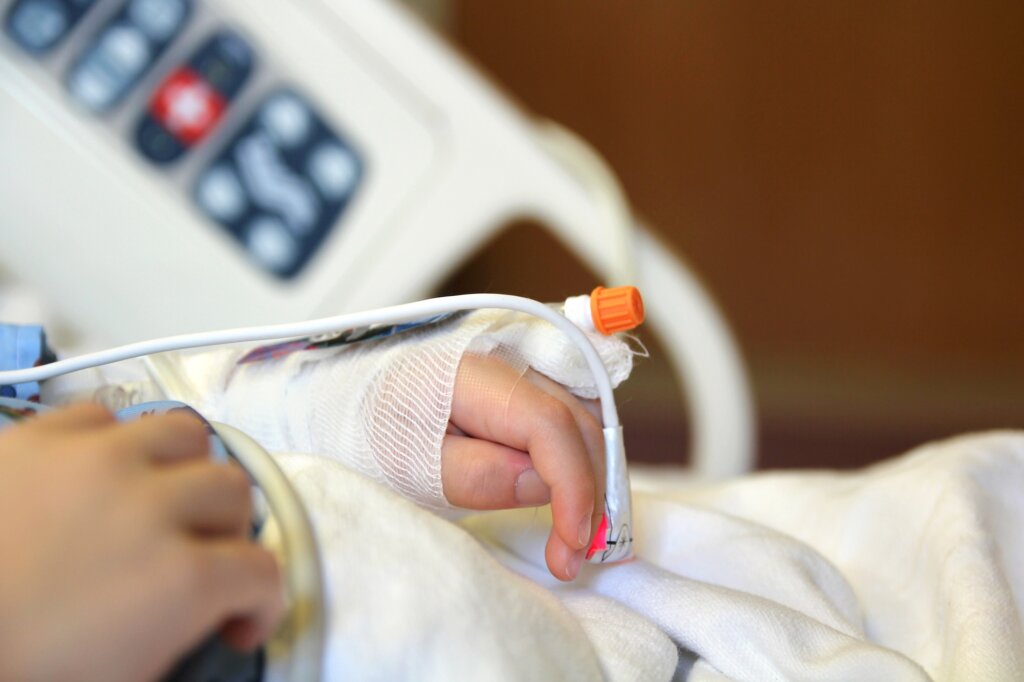Success Story
The National Pediatric Data Network for Better Care
National Data Stream
How the harmonization of pediatric data can improve outcomes in hospitalized children
The aim of the SwissPedHealthInitiative is to collect pediatric health data (e. g. cancer register data, omics data for rare diseases) from hospitals in Switzerland and to develop a data stream that will help to harmonize this information. This will make it easier to access and exchange data, both for research and quality assurance purposes. “The goal is to combine these data in a standardized way throughout Switzerland, regardless of which hospital children are admitted to”, says Julia Vogt of ETH Zurich. “Each hospital has its own routines and collects data in its own way”, she says. “We are aiming to bring all this data into a unified format so that it will be easier to find and utilize for carrying out research, e. g., with the aim to improve the diagnosis of specific diseases such as rare diseases in children.

Addressing rare diseases
This approach is now being implemented in various research projects targeting different diseases, such as cancer and chronic respiratory disease, as well as the collection of anthropometric data and decision-making around the utilization of antibiotics. “We have a flagship project on rare diseases in children, in which SMOC generated genomic, transcriptomic, proteomic, and metabolomic data from samples of critically ill children.” This so-called lighthouse project has indeed shown that including additional omics improves the diagnostic rates for rare metabolic disorders.
As the PHRT-funded PI of this NDS, Vogt is responsible for management, coordination, and research in the field of machine learning, with a particular focus on integrating the many different multimodal data into a consistent workflow.
Research involving children is always a sensitive issue. The big question is what will happen to the data when the PHRT program ends in 2025. Who will manage the existing data and will data collection continue? “Discussions around sustainability are currently taking place, and I am confident that a follow-up solution will be found. Ideally, hospitals will continue to generate and store the data in a harmonized format.”
Important networks
“The SwissPedHealth Initiative has been a very positive experience”, says Vogt. She was able to expand her network and make new contacts. Such interdisciplinary projects are important for Switzerland and have great potential for clinical research. There are huge benefits for patients and for hospitals if machine learning becomes more widely used in clinical applications and ultimately reaches patients.
Health should remain a focus area of the ETH, moving forward quickly with decisive steps. “It would be nice to see similar initiatives continue”, she says

Prof. Dr. Julia Vogt
ETH Zurich

Prof. Dr. Luregn Schlapbach
University Children’s Hospital
Zurich
